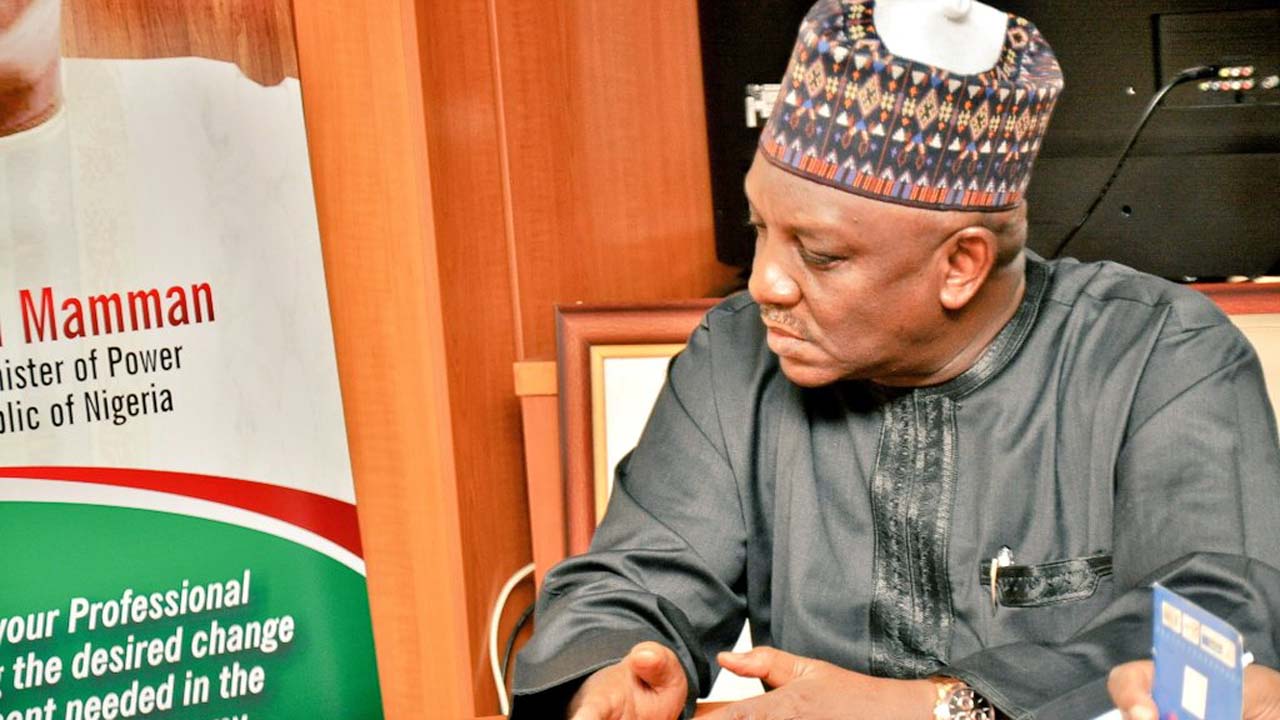Since the federal government introduced ban on forex access to 41 items last year, a survey carried out by the Manufacturers Association of Nigeria (MAN) and the Organised Private Sector (OPS) has shown that 272 companies have folded up and over 10,000 workers out of jobs.
Other factors that are frustrating corporate existence aside the forex policy include high interest rates, poor patronage of local manufactured products, poor supporting infrastructure, such as poor power supply, policy somersault and policy inconsistency, among others, as the challenges confronting manufacturers.
In an interview, the Director, Research and Advocacy, Lagos Chamber of Commerce and Industry (LCCI), Mr. Vincent Nwani, said the CBN announced the 41-item list without recourse to either MAN or LCCI, noting that his group has made several representations to the apex bank without the desired results.
According to the group, the decision is hurting the manufacturing sector in such a way that could no longer be ignored, having led to the closure of many companies and relocation of others from Nigeria to Ghana and other neighbouring countries.
Another bad side of the policy is leading to the refusal to repatriate over $10 billion held offshore by Nigerian businesses. These views were expressed by MAN, National Association of Small and Medium Enterprises (NASME) and the LCCI at a stakeholders’ dialogue on the Manufacturing Sector in Nigeria, organised by NOIPolls and the Centre for the Study of the Economics of Africa (CSEA) in Abuja.
The group said as at this New Year, further studies on the 272 collapsed firms show that their hopes of revival are slime due to the inability of CBN to reverse the policy.
According to Nwani, “We did press releases; we did stakeholders engagement; we engaged with the CBN at all levels, at least three times; we met the directors twice–up to the CBN Governors on this same matter of the 41 items- giving them examples of product-by-product. There must be an urgent review of the CBN’s policy on the restriction of access to foreign exchange placed on 41 items, as about16 of the total items in the list, serve as critical raw materials for intermediate goods produced in Nigeria, especially as the country lacks the capacity for optimal production of the items.”
Nwani revealed that the ban on oil palm has led to the loss of about 100,000 jobs over the last couple of months, with major blue chip companies in Nigeria relocating to neighbouring countries, while the ban on glass and glassware has led to the loss of 80,000 jobs.
“Presently, about 50 manufacturers have closed shop, while some have downsized. Some manufacturers are still producing due to their love for this country. Government policy on cement should have adopted in this case.
“In the case of cement, Nigeria used to be a net importer of cement, but the government set up a policy over a five-year period, which made it possible for us to be a net exporter of the commodity,” Nwani noted.
Since last year, there have been local and international pressures on CBN from currency speculators, traders, consultants and politicians to allow the currency to freely float as a way of easing foreign exchange scarcity that has hit the country.
But unfortunately, the apex bank also insists that it will not remove some 41 items on the list of those ineligible for import through the official foreign exchange window.
Explaining more, the Acting Director of Communications at the apex bank, Mr. Isaac Okorafor said there was no reasonable justification to allow the naira to float in the market given that Nigeria is mainly an import dependent country.
He explained that the current high level of inflation in the economy was mainly imported as a result of naira depreciation and that the situation would escalate further should CBN allow further depreciation.
“What we have in the economy now is managed float,” CBN Governor, Mr Godwin Emefiele had explained during a press briefing shortly after Monetary Policy Committee (MPC) meeting in Abuja on Tuesday, last week.
Banks will also be in trouble as they will no longer be able to cope with servicing the foreign facilities they have already acquired when dollar was cheap.









